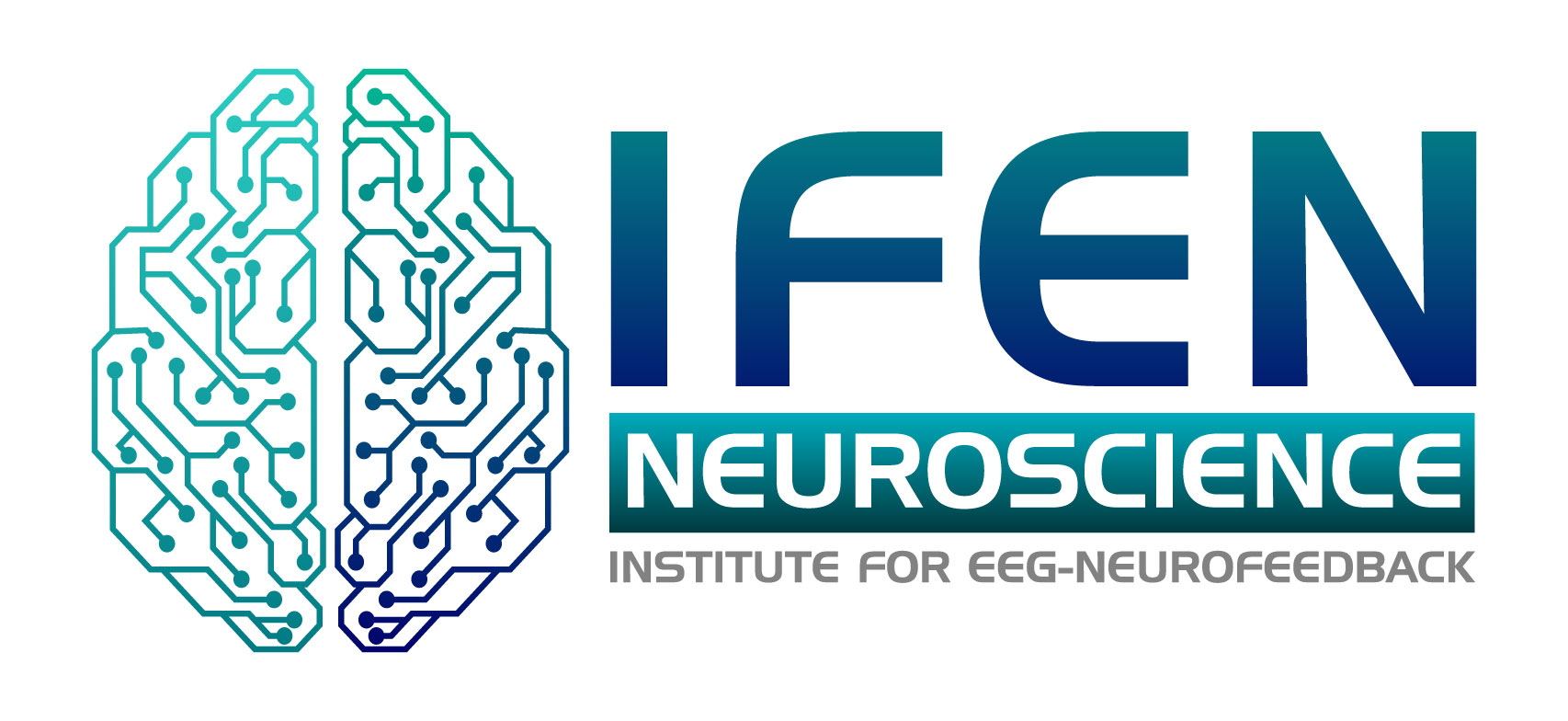+49 (89) 2000 299 66 info@neurofeedback-info.de
Quantitative EEG (QEEG) for Your Practice
Beschreibung
- Standardpreis:
- 990,00 EUR
- Early Bird discount (valid until 2 March):
- 890,00 EUR
QEEG Clinical Interpretation & Therapeutic Applications
Functional and clinical reading of QEEG, artifact management, professional report writing, and protocol design for Neurofeedback and tDCS.
Reserve your seatScientific Program (4 Days)
Day 1 – Fundamentals and Quality EEG Recording
- Introduction to QEEG for Neurofeedback: what it is, clinical relevance, when to request a brain map, decision-making
- Functional Neuroanatomy and Brain Networks: key regions (F3, F4, Cz, Pz), networks DMN, CEN, SN, and dysfunctions
- High-Quality EEG Recording and Artifact Management: electrodes, impedance, skin preparation, artifact removal
- The 10–20 System and Montage Logic: montage influence on interpretation, choosing setups for clinical goals
Day 2 – Clinical Reading and Connectivity
- Brain Rhythms and Their Functional Meaning: Alpha, Theta, Beta, Delta, HiBeta and clinical significance
- From EEG to QEEG: spectral analysis, reading maps, normative databases, Z-scores for protocols
- Coherence, Connectivity, and Asymmetries: interpreting functional metrics, interhemispheric coherence, ADHD & anxiety cases
- Software and QEEG Report Review: workflow (recording → cleaning → mapping → report), NeuroGuide, BrainAvatar
Day 3 – Clinical Application and Protocol Development
- Linking Clinical Symptoms with QEEG Findings: QEEG-based phenotypes, findings in ADHD, anxiety, trauma, insomnia
- Medication Effects and QEEG: antidepressants, psychostimulants, evaluating medicated patients
- Writing a Professional QEEG Report: key sections, clinical language, presenting Neurofeedback recommendations
Day 4 – Advanced Practice and AI-Supported Interpretation
- Practical Workshop: group review of brain maps and protocol selection
- AI supported QEEG-Interpretation and QEEG-Report Writing (together with Dr. Ismael Castillo)
AI-Supported QEEG Interpretation with IFEN Neuropathfinder
For the first time, this training course integrates IFEN Neuropathfinder, an advanced educational and research platform designed to support structured QEEG interpretation and evidence-based neurofeedback protocol selection.
Neuropathfinder connects brain activity patterns with clinical symptom profiles, helping participants understand how EEG findings, functional networks, and protocol logic fit together in a coherent, systematic way.
Access to IFEN Neuropathfinder is exclusively available to participants of this workshop. This is the first IFEN training in which its use is introduced and taught within a structured clinical learning framework.
Check detailed information about IFEN Neuropathfinder (PDF)
For decades, EEG has been an essential diagnostic tool in neurology. Quantitative EEG (QEEG) reveals electrical patterns that indicate brain strengths and weaknesses linked to psychological or neurological conditions. This training provides a clear framework for interpreting QEEG data and deriving effective Neurofeedback or tDCS protocols, based on instructors’ clinical experience across multiple neurotherapy centers.

